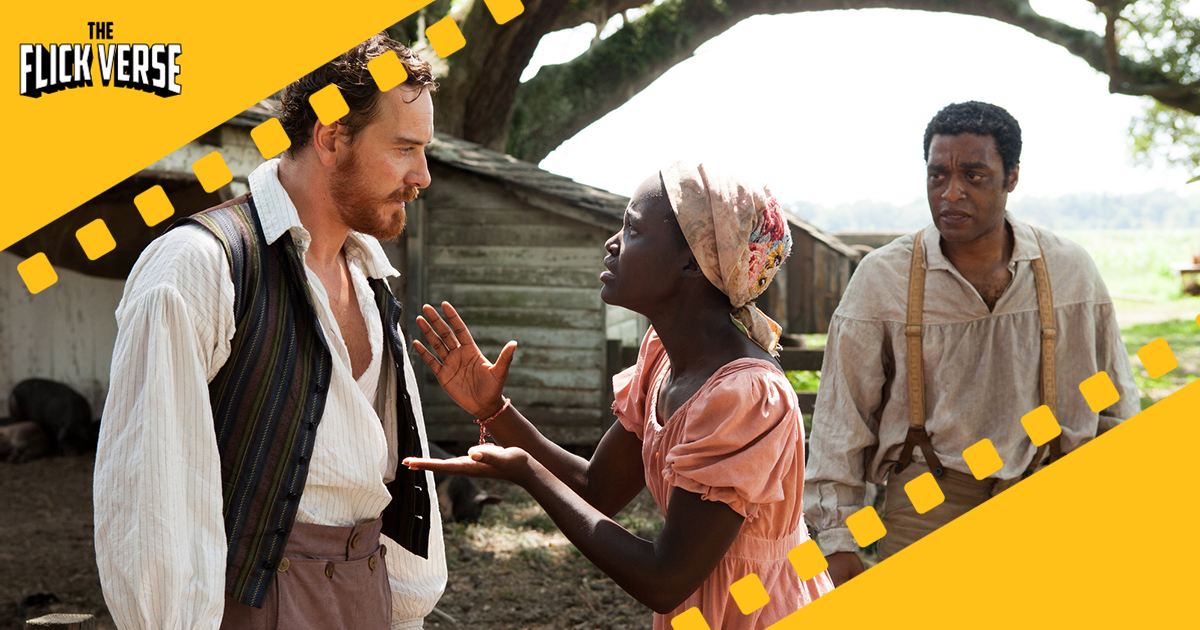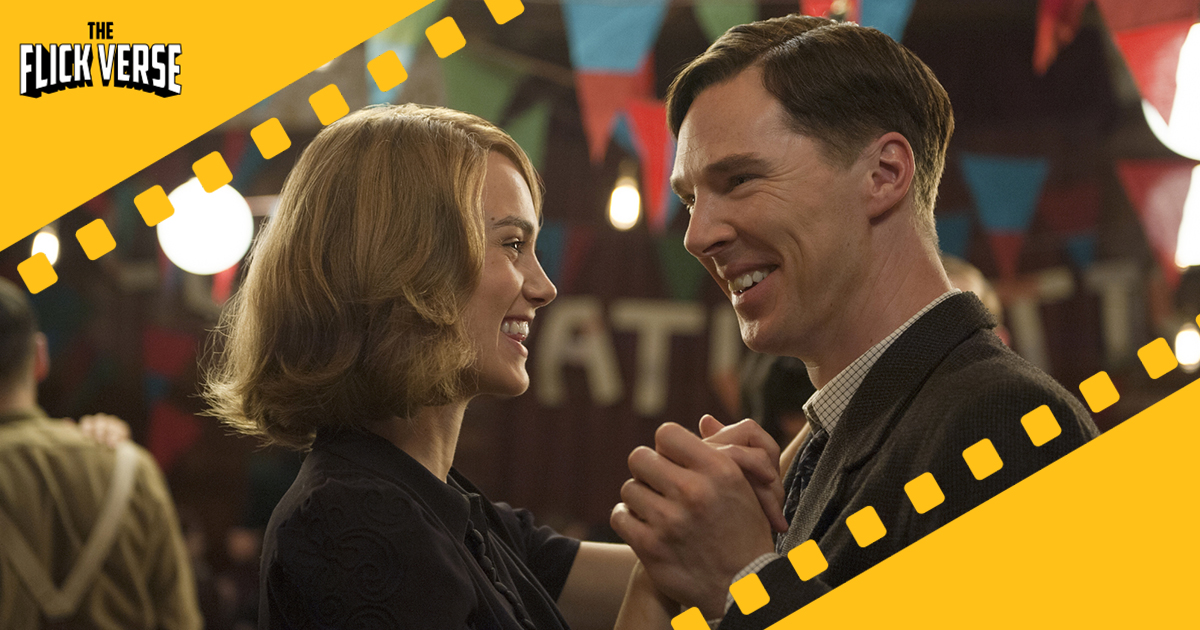
Top 7 Biopic Movies
Biographical films, or biopics, have a unique ability to draw audiences into the lives of remarkable individuals. These films offer not just entertainment but also insight into the complexities of human nature, the struggles for personal and social justice, and the triumphs that define legacies. From historical figures to contemporary icons, biopics can inspire, educate, and provoke thought.
In this article, we will explore seven of the most impactful biopic movies, examining their narratives, performances, and the real-life figures they portray.
1. Schindler’s List:

Director: Steven Spielberg
Starring: Liam Neeson, Ben Kingsley, Ralph Fiennes
Overview:
“Schindler’s List” is a powerful exploration of the Holocaust through the eyes of Oskar Schindler, a German businessman who saved over a thousand Polish Jews during World War II. The film is based on Thomas Keneally’s novel “Schindler’s Ark,” and it paints a harrowing picture of the atrocities of the Holocaust while simultaneously celebrating the human spirit.
Impact:
The film is renowned for its stark cinematography, predominantly shot in black and white, which emphasizes the bleakness of the era. Liam Neeson’s portrayal of Schindler is both nuanced and compelling, capturing the complexities of a man who transformed from a profit-driven industrialist to a compassionate savior. Spielberg’s direction and the powerful score by John Williams further elevate the film’s emotional weight.
Legacy:
“Schindler’s List” won seven Academy Awards, including Best Picture and Best Director. It has become a crucial educational tool about the Holocaust, sparking discussions about morality, complicity, and the capacity for good in a world filled with evil.
2. The Social Network:

Director: David Fincher
Starring: Jesse Eisenberg, Andrew Garfield, Justin Timberlake
Overview:
“The Social Network” chronicles the founding of Facebook and the legal battles that ensued. Based on the book “The Accidental Billionaires” by Ben Mezrich, the film focuses on the life of Mark Zuckerberg, exploring themes of ambition, betrayal, and the complexities of friendship.
Impact:
Jesse Eisenberg’s performance as Zuckerberg is both captivating and unsettling, capturing the character’s genius and social awkwardness. The screenplay, penned by Aaron Sorkin, is sharp and fast-paced, reflecting the digital age’s rapid evolution. David Fincher’s meticulous direction enhances the film’s tension and emotional resonance.
Legacy:
Nominated for eight Academy Awards, “The Social Network” won three, including Best Adapted Screenplay. It has been lauded for its relevance, offering a glimpse into the rise of social media and its implications on society, relationships, and privacy.
3. A Beautiful Mind:

Director: Ron Howard
Starring: Russell Crowe, Jennifer Connelly, Ed Harris
Overview:
“A Beautiful Mind” tells the story of John Nash, a brilliant mathematician who struggles with schizophrenia. The film is based on Sylvia Nasar’s biography of the same name and explores Nash’s journey through mental illness and his eventual triumphs in both personal and professional life.
Impact:
Russell Crowe delivers a poignant performance as Nash, effectively portraying the complexities of his mental health struggles while emphasizing his brilliance. The film’s depiction of schizophrenia is both sensitive and informative, breaking down stigmas surrounding mental illness.
Legacy:
The film won four Academy Awards, including Best Picture and Best Supporting Actress for Jennifer Connelly. “A Beautiful Mind” has inspired many to advocate for mental health awareness and has provided a deeper understanding of the challenges faced by those living with mental illness.
4. Ray:

Director: Taylor Hackford
Starring: Jamie Foxx, Kerry Washington, Regina King
Overview:
“Ray” tells the story of Ray Charles, the legendary musician who overcame blindness and addiction to become one of the most influential figures in music history. The film chronicles Charles’s rise to fame, his struggles with drug addiction, and his impact on the music industry.
Impact:
Jamie Foxx’s portrayal of Ray Charles is nothing short of transformative, earning him an Academy Award for Best Actor. Foxx’s performance captures not only Charles’s musical genius but also his personal struggles, making the film an emotional rollercoaster.
Legacy:
“Ray” revitalized interest in Charles’s music and life, introducing new audiences to his work. The film’s success sparked renewed discussions about addiction, disability, and the enduring power of music.
5. 12 Years a Slave:

Director: Steve McQueen
Starring: Chiwetel Ejiofor, Lupita Nyong’o, Michael Fassbender
Overview:
Based on Solomon Northup’s autobiography, “12 Years a Slave” recounts the harrowing experiences of a free Black man who was kidnapped and sold into slavery in the 1840s. The film provides a raw and unflinching portrayal of the brutality of slavery in America.
Impact:
Chiwetel Ejiofor’s performance as Solomon is both heart-wrenching and powerful, encapsulating the pain and resilience of his character. The film’s unrelenting depiction of slavery challenges viewers to confront uncomfortable truths about history and humanity.
Legacy:
“12 Years a Slave” won three Academy Awards, including Best Picture, and has been praised for its historical accuracy and compelling storytelling. It has sparked critical conversations about race, history, and the legacy of slavery in America.
6. The Imitation Game:

Director: Morten Tyldum
Starring: Benedict Cumberbatch, Keira Knightley, Matthew Goode
Overview:
“The Imitation Game” focuses on the life of Alan Turing, a mathematician and cryptanalyst who played a crucial role in breaking the German Enigma code during World War II. The film also delves into Turing’s personal life, including his struggles with being a gay man in a time of rampant homophobia.
Impact:
Benedict Cumberbatch delivers a remarkable performance, capturing Turing’s brilliance, eccentricity, and vulnerability. The film highlights the importance of Turing’s work while also addressing the injustices he faced due to his sexual orientation.
Legacy:
Nominated for eight Academy Awards, “The Imitation Game” has contributed to a broader discussion about LGBTQ+ rights and the historical treatment of LGBTQ+ individuals. The film has brought Turing’s story to a new generation, emphasizing his contributions to computer science and the war effort.
7. Bohemian Rhapsody:

Director: Bryan Singer
Starring: Rami Malek, Lucy Boynton, Gwilym Lee
Overview:
“Bohemian Rhapsody” chronicles the rise of the iconic rock band Queen and its legendary frontman, Freddie Mercury. The film explores Mercury’s journey from a young immigrant to a global superstar, capturing both the band’s musical evolution and Mercury’s personal struggles.
Impact:
Rami Malek’s portrayal of Freddie Mercury is electrifying, earning him an Academy Award for Best Actor. The film’s music, combined with powerful performances, celebrates Queen’s legacy and Mercury’s larger-than-life persona.
Legacy:
“Bohemian Rhapsody” reignited interest in Queen’s music, introducing a new generation to their timeless hits. The film has been both celebrated and critiqued for its representation of Mercury’s life and sexuality, sparking discussions about the responsibilities of biopics in portraying complex figures.
Conclusion
Biopics have the power to illuminate the lives of extraordinary individuals, offering audiences a glimpse into the triumphs and tribulations that shape history. The seven films discussed here not only entertain but also provoke thought and inspire conversations about the human experience. Each story serves as a reminder of the resilience of the human spirit and the complexities of life, inviting us to reflect on our own journeys and the legacies we wish to leave behind. As cinema continues to evolve, biopics will undoubtedly remain a vital part of storytelling, connecting us to the past and inspiring future generations.
For More : Visit our Web Stories.
Alternative Movies Posters – Digital Download | Minimal Posters | Instant Download









